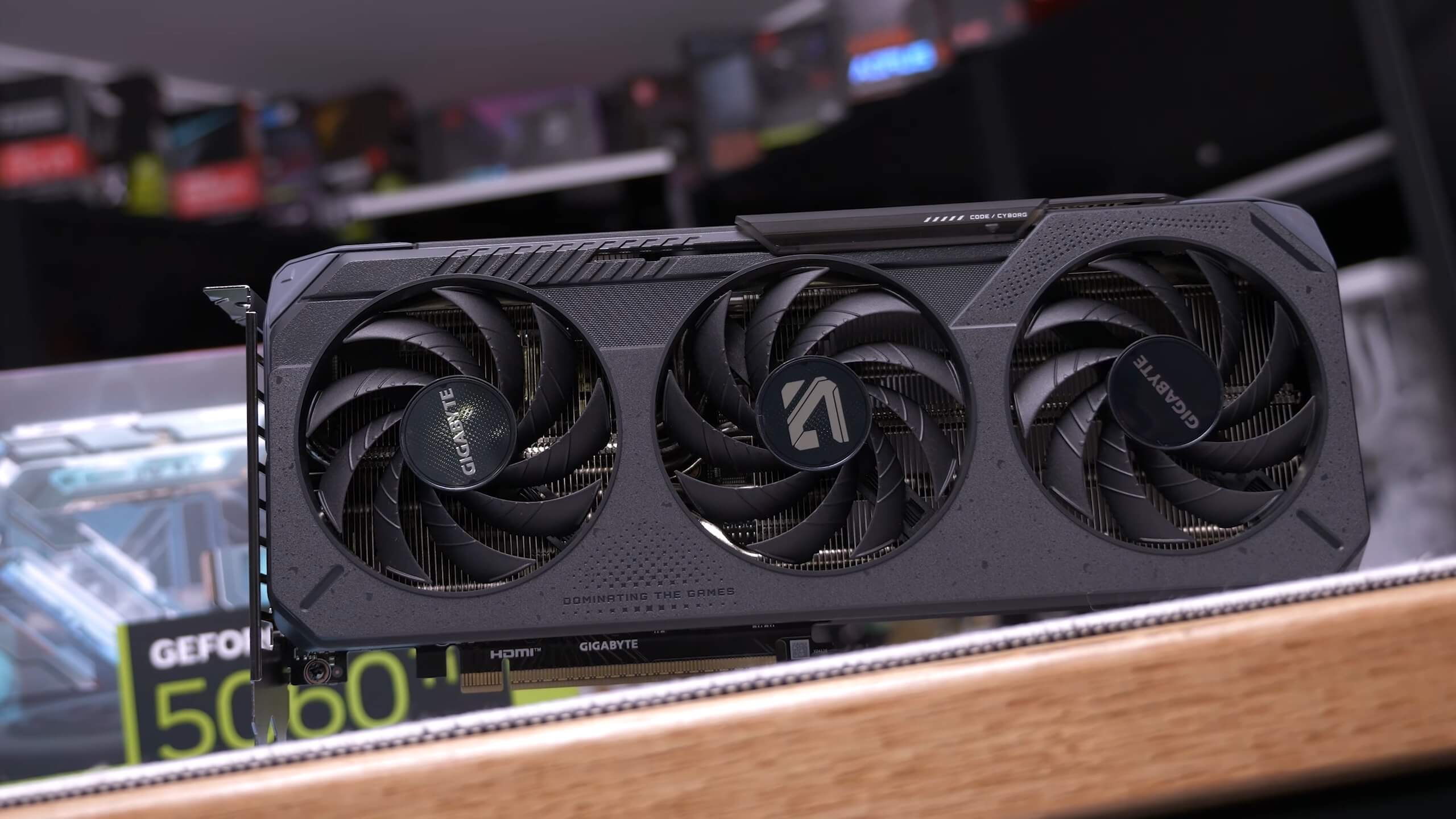This notion that VRAM usage is tied to resolution really needs to die, that's not how any of this works. The difference that smaller framebuffers for lower resolutions like 1080p makes is a few hundred MBs worth of VRAM at most. It made sense to talk about this when we were talking about 2 GB cards vs 4 GB cards 10 years ago, it makes absolutely zero sense now.
VRAM consumption is 90% textures, and texture quality doesn't depend on screen resolution. So no, 8 GB is not enough for 1080p, 1080p on 8 GB will still suffer degraded texture quality and worse pop-in in modern games just like 1440p and 4K would.
8 GB is not enough for anybody who intends to play current games, irrespective of resolution. New 8 GB cards today are essentially e-waste.

